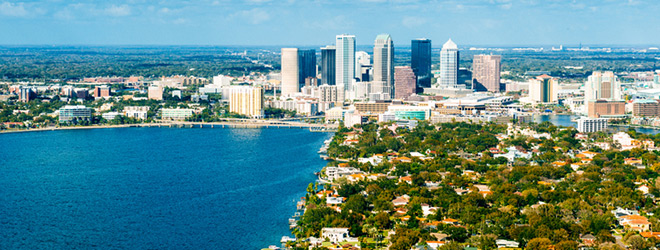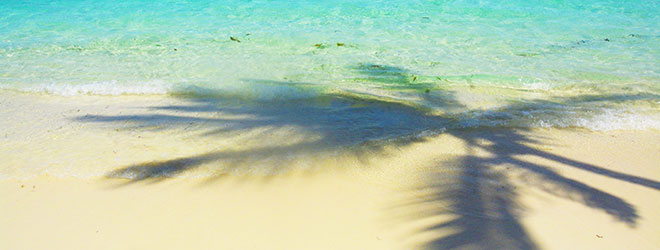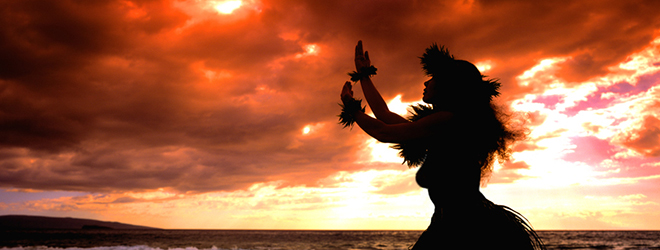There are so many reasons American travelers love Puerto Rico. There's the easy entry (no passport needed!), affordable flights from the mainland, and of course, beaches, palm trees and Latin-infused culture and food.
But what about all of those reports of Zika in Puerto Rico? Should travelers be concerned enough to cancel an upcoming vacation there?
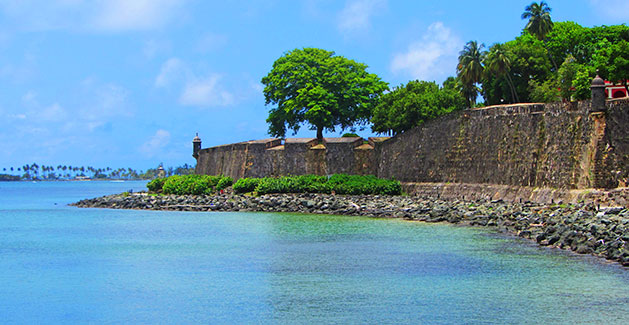 Photo: Theresa Boehl
Photo: Theresa BoehlAccording to Ingrid I. Rivera Rocafort, executive director of the Puerto Rico Tourism Company, the answer is no — unless you're pregnant or trying to conceive.
That's because less than one half of one percent of Puerto Rico's population of 3.5 million has been infected with the virus. And according to the Centers for Disease Control and Prevention (CDC), the majority of those infected with Zika don't experience any symptoms.
Those who do usually report fairly mild symptoms (fever, rash, joint pain, conjunctivitis) lasting several days to a week. In very rare cases, people can develop Guillian-Barré syndrome, a sickness of the nervous system, from which most people fully recover. There is no vaccine to prevent Zika.
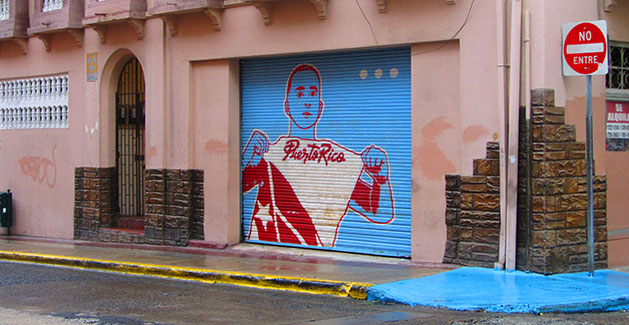 Photo: Theresa Boehl
Photo: Theresa Boehl"One of the key misperceptions about Zika in Puerto Rico is that everyone on the island has the virus," Rocafort told BeachDeals.
So then what's all the hullabaloo about Zika we keep reading in the news and seeing on TV? Well, for pregnant women and those trying to conceive, the virus can result in babies born with a serious birth defect called microcephaly, a form of incomplete brain development, and that's nothing to take lightly.
For this reason, the CDC has advised that pregnant women and those planning to become pregnant should avoid all areas with Zika outbreaks, including Puerto Rico.
Combating Zika in Puerto Rico
Even with the threat being minor for the majority of travelers, Rocafort said the Puerto Rican government is battling the problem head on. It has been working with the CDC and the private sector to get rid of any potential mosquito breeding grounds on the island, which has helped ensure a relatively low number of cases of Zika in Puerto Rico.
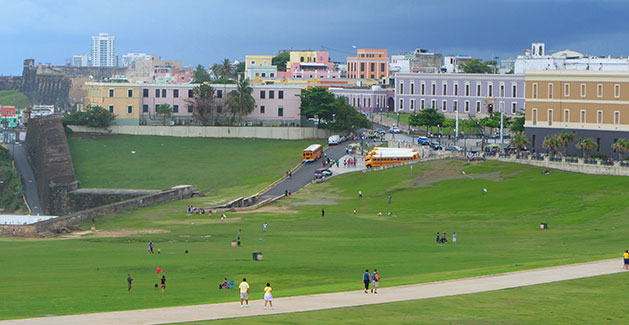 Photo: Theresa Boehl
Photo: Theresa BoehlAs for the PRTC, it's waging a war of its own against misinformation through an outreach campaign designed to educate the masses and help the media get the facts right.
And those efforts have started to pay off. The PRTC's fourth annual "Summer is Easy" promotion has seen more interest and bookings than last year, the company reported in a press release last month.
In the release, Clarisa Jiménez, president and CEO of the Puerto Rico Hotel & Tourism Association (PRHTA), said hotels in the association are "actively and aggressively" spraying grounds with the help of mosquito control companies endorsed by the Department of Health.
 Photo: Theresa Boehl
Photo: Theresa BoehlStill freaked out about potentially contracting a mosquito-borne illness? Truth is, in balmy, tropical climates rife with mosquitos, you can never truly escape the threat of an illness spread by these pests — not in Puerto Rico or any other Caribbean island for that matter. Two years ago, news organizations sounded the alarms about chikungunya and dengue in the Caribbean. Today, it's Zika. Tomorrow, who knows?
"Zika has been found in a number of countries, including most of our island neighbors in the Caribbean," said Rocafort. "Unlike our neighbors, Puerto Rico is a U.S. territory, so naturally much of the U.S. media coverage about Zika has focused on Puerto Rico."
How to Protect Yourself
If getting sick on vacation is not your idea of a fun time, you'll want to protect yourself from getting bitten in the first place.
The CDC has outlined a number of precautions you can take, including wearing long-sleeved shirts and long pants and using EPA-registered insect repellants with one of the following active ingredients: DEET, picaridin, IR3535 or oil of lemon eucalyptus or para-menthane-diol.
According to Rocafort, bug repellants are readily available in stores throughout the island, as well as in many hotels.
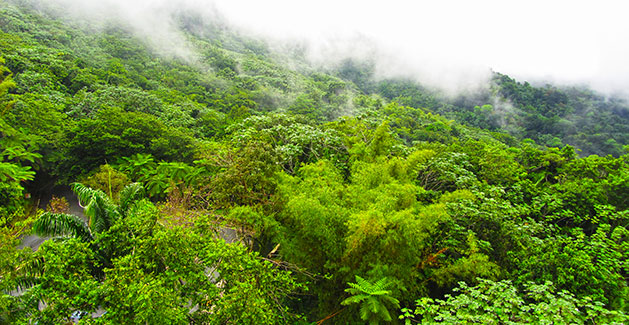 Planning a trip to El Yunque National Forest? Be sure to take bug spray. Photo: Theresa Boehl
Planning a trip to El Yunque National Forest? Be sure to take bug spray. Photo: Theresa BoehlAs for our personal recommendations, Zika Shield makes an all-natural, non-toxic repellant spray that contains oil of lemon eucalyptus and smells amazing. The company also offers a repellant band that can be worn like a bracelet. Products can be purchased online with free shipping.
To keep mosquitos at bay while you're indoors, keep windows closed and air conditioning on, and consider investing in some mosquito netting.
Remember that Zika can be sexually transmitted, so practicing safe sex each and every time is important.
This article only summarizes the CDC's recommendations, so we strongly suggest you read the CDC's Zika information and guidelines before you embark on a trip to an affected area.
